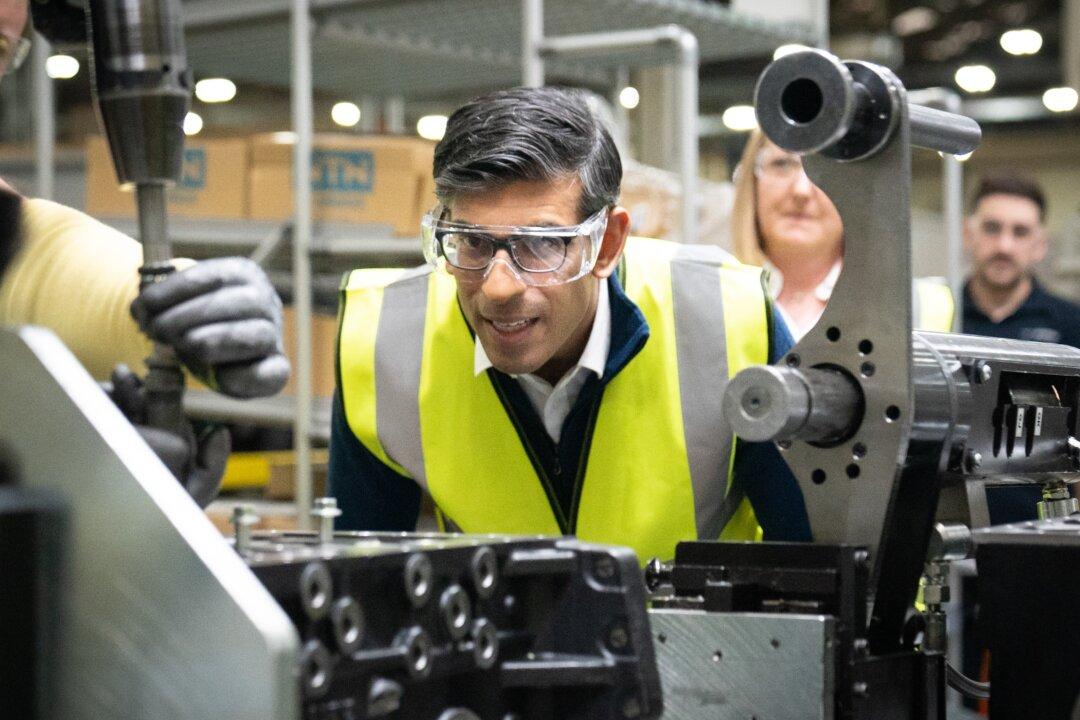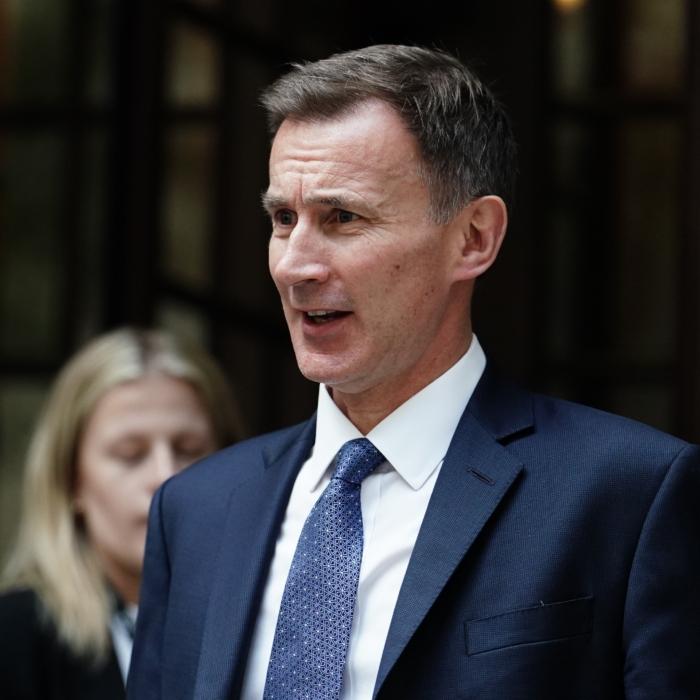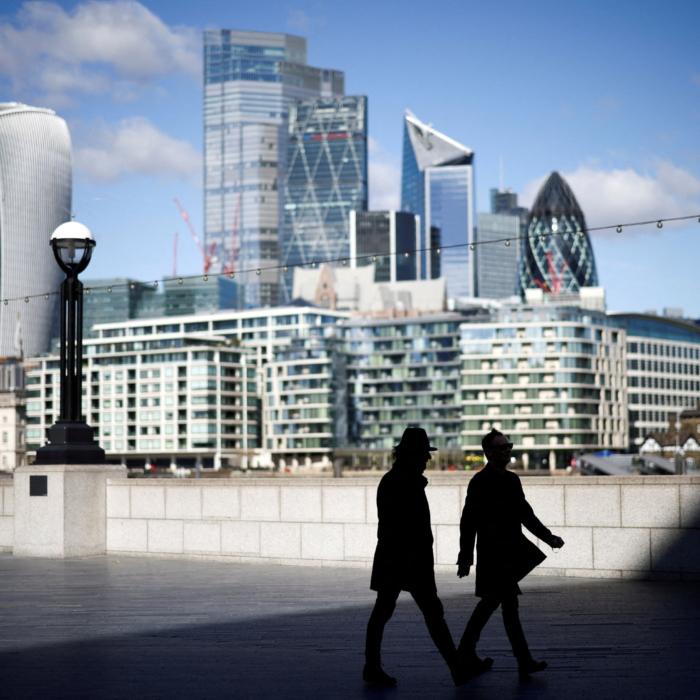Britain has the lowest rates of investment, including both businesses and government, of any G7 nation, a think tank has reported.
The analysis by the Institute for Public Policy Research (IPPR) has said that without new investment, it’s hard to see how UK economic performance can improve.
The report comes amid a sluggish recovery by the UK economy from a technical recession it entered at the end of last year.
Private firms’ investment in business scored lower in Britain than any other G7 nation, for the third year in a row, said the IPPR. Out of 31 OECD countries, the UK ranked 28th for business investment.
Slovenia, Latvia and Hungary were reported to attract higher levels of private sector investment than Britain as a percent of GDP. The UK’s investment in factories, equipment and innovation rated higher than only Greece, Luxembourg, and Poland.
Commenting on the figures, the associate director for economic policy at IPPR, George Dibb said:
“If the economy is an engine, then investment is its fuel. The UK’s dire productivity performance is the single biggest driver of our dire living standards. Without resources flowing into new investment, it’s hard to see how UK economic performance can improve.”
The think tank’s analysis also found that the UK struggles to compete with G7 when it comes to total investment, which covers public private, household and not-for-profit investments.
Britain remained at the bottom of the G7 list for levels of investment for 24 of the last 30 years, the IPPR said.
The think tank has called on the government to deliver high-quality public investment in education, infrastructure and healthcare, as well as in renewable energy industries.
Investment Pledges
The recommendation comes as the main political parties are actively engaged in campaigning ahead of the general election on July 4.Rishi Sunak’s party has also vowed to support small and medium-size firms with a £4.3 billion business rates support package over the next five years. In energy, the Conservatives plan to invest £1.1 billion into the Green Industries Growth Accelerator to support the manufacturing sector.
Labour has vowed to use public investment to crowd in private funding, largely via its Green Prosperity Plan. The party plans to create 650,000 jobs across Britain by 2030.
Labour leader Sir Keir Starmer wants to cap the headline rate of corporation tax at its current rate of 25 percent and boost investment by almost £5 billion a year by 2028-2029.
The IPPR said that despite Labour’s promise to invest £4.7 billion more per year than the current government, it still implies an overall fall in investment.
Meanwhile, the Conservatives’ current policies imply significant cuts to public investment after the election, the think tank added.
Earlier this month, the Confederation of British Industry (CBI) challenged the next government to deliver economic growth and business investments within the first 100 days of Parliament.
A new government “of whatever colour” can provide the necessary boost, by prioritising business investment and addressing ongoing labour and skills shortages, said CBI Chief Executive Rain Newton-Smith.
Whether led by the Conservatives, Labour, or another political party, business leaders want to see the new government “deliver a bold pitch to investors across the globe.”
Ms. Newton-Smith stressed that UK’s competitiveness should be restored and climate commitments strengthened.







